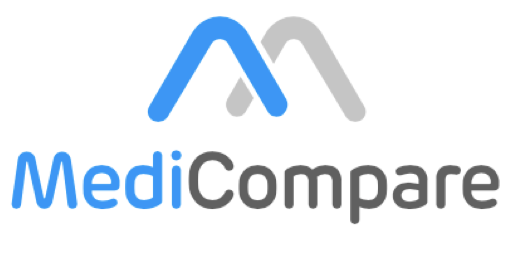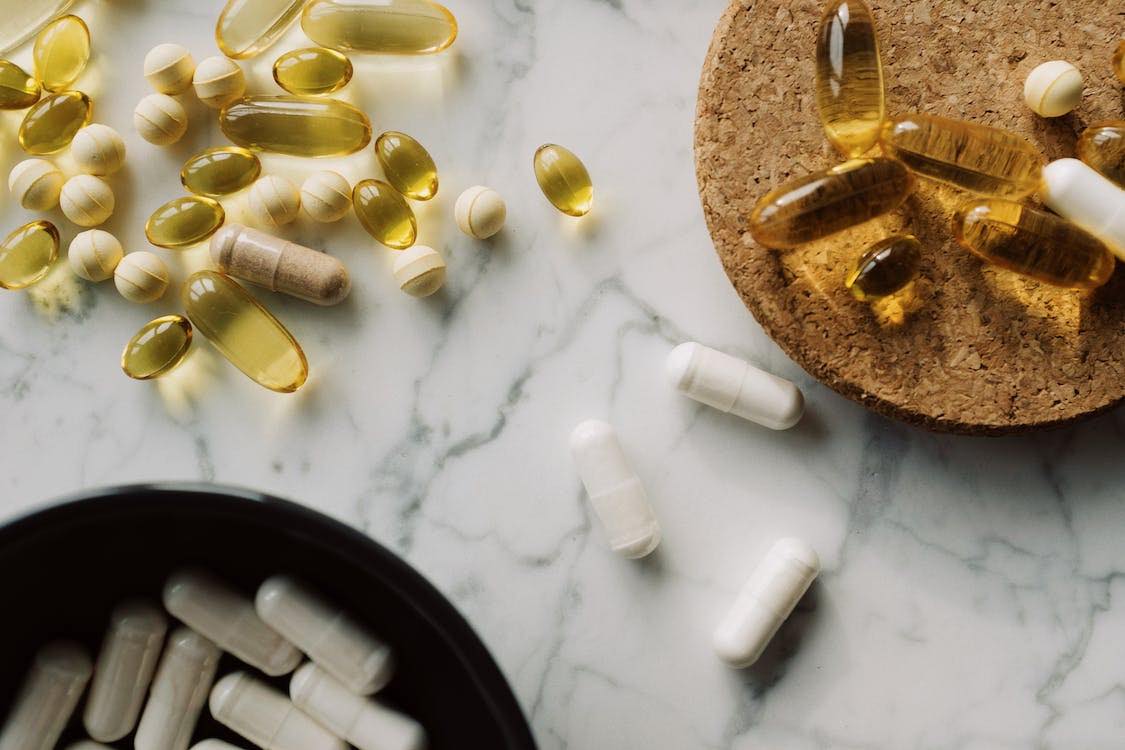A placebo is anything that appears to be a “real” medical treatment – but it is in fact, not. It may be a pill, an injection or any other type of “fake” treatment. Placebos do not contain an active substance meant to affect health, this is the case for all placebos.
How are Placebos used?
Placebos are typically used by researchers who are conducting medical research. They are used to help them understand what effect a new drug or some other type of treatment may have on a particular condition.
They way it works in medical experiments is that half the study may be given a new drug which aims to lower blood pressure. Others will be given a placebo. Neither half of the group know which one they are given, the real treatment or the placebo.
Researchers then compare the effects of the drug, and the effects of the placebo, on the people in the study. This is done so that the researchers can determine the effectiveness of the new drug in question and check for any side effects.
What is the placebo effect?
In some cases, people have a response to a placebo. The response may be negative or positive. It may be positive in the way that the person who takes the placebo’s symptoms may improve! Alternatively, a person may experience side effects. These are responses are known as the “placebo effect”.
There are some conditions which a placebo can actually produce results even when people are aware that they are placebo. Research has shown that placebos can have an effect on conditions such as:
- General Pain
- Depression
- Sleep Disorders
- Irritable bowel syndrome (IBS)
- Menopause
In a case study involving asthma, people using a placebo inhaler did not see improvements on breathing tests than those who were sitting and doing nothing. But when asked for people’s perception of how they felt, the placebo inhaler was reported as being as effective as medicine in providing relief. Therefore, although the placebo inhaler technically did nothing, it made the subjects feel like it did.
How does the Placebo Effect Work?
Research on the placebo effect has focused on the relationship between the mind and body. Probably the most common theory to do with the placebo effect is that it is due to a person’s expectations, rather than the reality of the situation. If a person is told that a pill is going to do something specific, then they have an expectation in their mind, and it is thus possible that the body’s own chemistry can cause effects that mimic or are similar to what a medication might have caused.
Take for example, a study where people were given a placebo and told it was a stimulant. After taking the placebo pill, both their pulse rate and their blood pressure actually increased, as well as their reaction speeds improving. When people were given the exact same placebo pill and told it was to help them sleep, they experienced the opposite effects with a slower pulse and heart rate.
Some experts have said that there is a relationship between how strongly a person expects to have results and whether or not results actually occur. The stronger the feeling, the more likely it is that a person will experience positive effects. If the person is skeptical, then the placebo is less likely to have an effect.
Similarly, if a person is told to expect negative side effects and believes it, they are more likely to feel those negative effects. And if the person is not so invested, they are less likely to experience any negative side effects.
Just because the placebo effect appears to be tied to expectations does not make it “imaginary” or fake. Some studies show that there are actual physical changes that occur with the placebo effect. For instance, some studies have documented an increase in one of the body’s natural pain relievers, endorphins.
A problem with the placebo effect is that it can be difficult to distinguish from the actual effects of a real drug throughout conducting a study. Pin-pointing ways to distinguish between the placebo effect and the effect of the actual treatment is necessary to aid the improvement of the treatment and lower the cost of drug testing. And more study may also lead to ways to use the power of the placebo effect in treating certain diseases.

